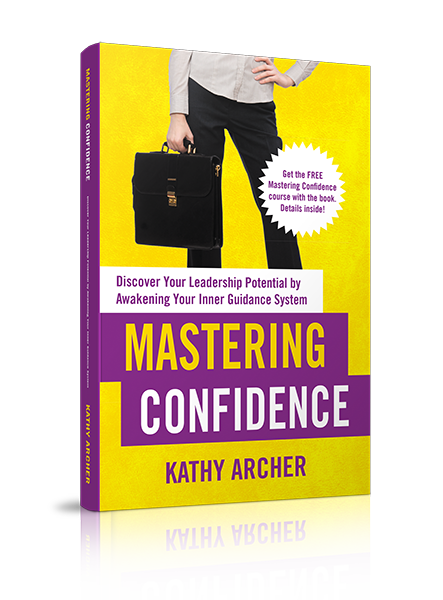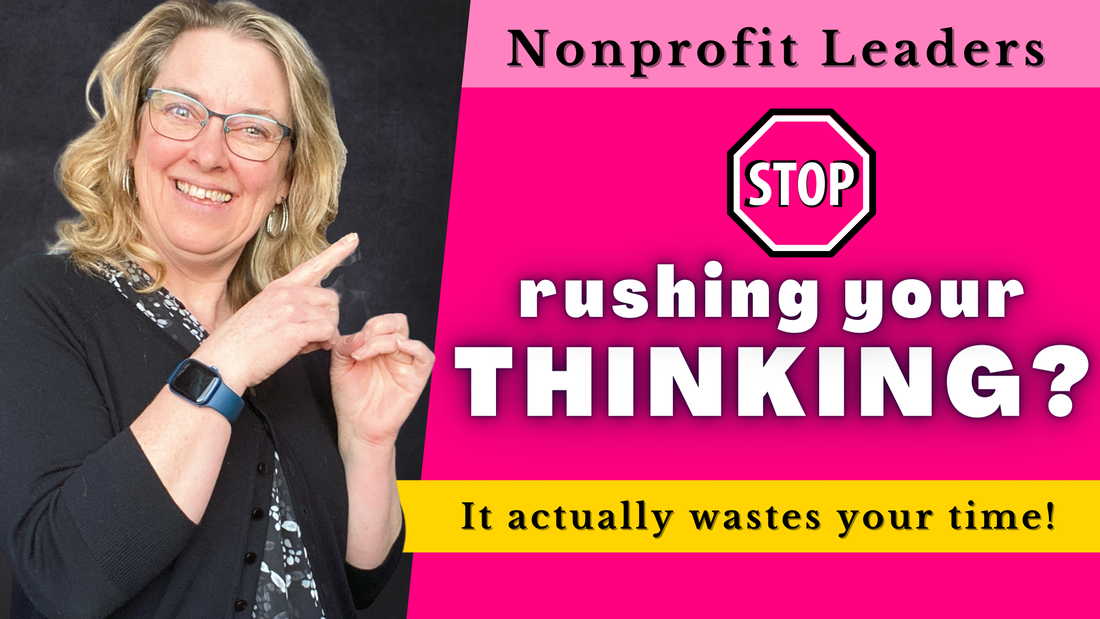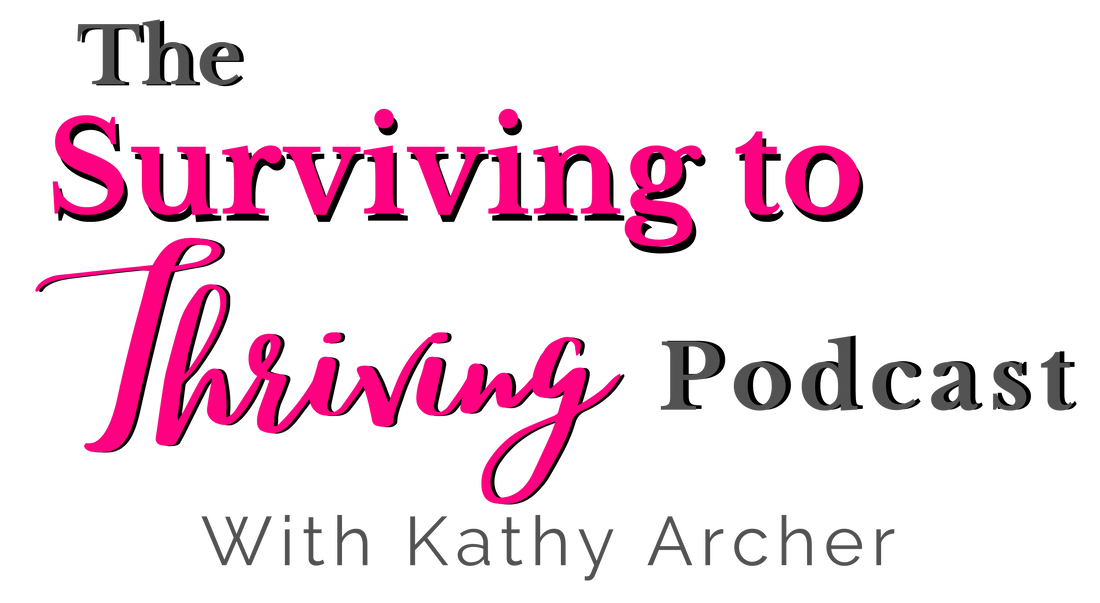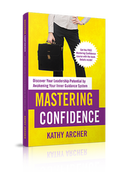|
I have no time to think! I wish I had time to think about things before deciding on which way to go. If only I could have some space to think clearly!
Do any of those sound familiar? If you are in leadership, I bet you are nodding your head! All too often, we feel rushed to make decisions, deal with problems and move things forward. Yet, there is a little voice inside us, asking for a bit more time. At least there is in my head! This kind of rushed thinking is often more unconscious than conscious. In the last blog post, I talked about what unconscious thought can do to us and how it can drag us into worry and overwhelming anxiety. Today I want to shift into intentional thinking and how it can help you be more purposeful, planful and productive. There are many kinds of conscious or intentional thinking. Over the next few weeks, I'll talk about conscious thinking types such as:
For this article, though, I want to start with the difference between strategic thinking and planning, sometimes called strategic planning. Do you have time to strategize or plan? Most women leaders struggle to find time for either, leaving them feeling frazzled, disconnected and whacking moles. Reacting to a to-do list, chasing down meetings and solving daily problems is neither thinking strategically nor mindfully planning things out. We often start with planning before we've done the strategizing. When we do find time, we often start with planning. Planning is setting out the steps and the process for getting something done. But we've often missed the strategic thinking part, considering how all of the dots fit together. How planning before strategizing can get you in trouble! Imagine your program just received a new pocket of funding. You know you need to work on it right away, so you start to plan how to spend it. First, you think about which staff has the capacity to add a few more hours for this program. Then, you grab a calculator and start figuring out the math for how many clients they can fit in. You know you have a conversation with them next week, so you want to figure this out before you meet with them so you can get moving right away. But wait a minute. Is that the right person for the role? Yes, they may have the capacity, but what else is happening for them? How does their capacity now fit in with a possible expansion of another program or reduction of a third? And what is the purpose of this program? Does it actually align with this employee's strengths, interests and future career trajectory? Would it split who they report to, now having two supervisors? What about the fact that they just told you they are expecting. I know, you've got a few months to figure that out, so you'll deal with it then, right? If you've made these kinds of quick decisions before thinking it out, you know how quickly they can backfire or cause you more headaches in the long run! What is strategic thinking? When you are strategically thinking, you are not yet tied to a decision. You are open. Strategic thinking is a right-brain activity. It's the thinking you do when driving or leaning back in your chair. Strategic thinking isn't necessarily about doing something specific yet because you don't know what the specific is. Instead, it's a high-level thinking process where you step back and see all the moving parts and consider how they fit together, where the dots need to be connected, and how they fit in with your mission, vision, and organizational goals. What is strategic planning? Strategic planning is when you are closer to the task at hand, breaking apart and deciding what parts need doing, when, and who can help. Strategic planning is a left-brain thinking activity. Here's an example of strategic thinking and planning in action Let's consider another example. Perhaps you are wondering if you should move offices. When you think strategically about moving offices, you might consider how changes would affect the team members, clients, and community partners. You might brainstorm what you'd like to have access to for future programming. When you think strategically, you might think about costs, people to talk to, and considerations. High-level thinking At this stage of the thinking process, you don't tie to moving or not moving. You are just considering options. Maybe you are also considering staying in the same location, but having more of your staff working from home. But, again, you are just thinking about it at a very high level. Keep coming back to high-level thinking At this point, you would keep coming back to the bigger reason for considering a move in the first place. Why is this a consideration? How does it fit in with your program's overall mission and vision? What about your contract or funding obligations? You make sure you look at the impact that a decision to change your location possibly could have on
Step one planning You may make a decision and then need to create a plan to move forward with a move. But even before then, you may make an earlier plan around getting some input from others to see if it's even viable and of interest. You'd then need to plan how to do that. To plan the first stage, you may ask yourself some of these questions:
You might be wondering, though, how to be a more strategic thinker and how to no when it's time know when it's time to move to strategic planning. I've got you covered with the steps below. 3 strategies to help you think more strategically
How to know you are ready to move to the planning stage Consider your answers to the following questions to know if you may need to stay in strategic thinking a wee bit longer.
TBH, Strategic thinking and planning often go hand-in-hand Note that these two types of thinking don't happen in a linear process. Strategic thinking and strategic planning often overlap. The point here is to help you see the difference. Write it down when you have a planning thought, but don't get hung up on it. p.s. Inside The Training Library membership site are tons of tutorials, templates and tools to help you think strategically and plan. For example, you'll find resources to help you plan 1-1 meetings and staff meetings. You'll also discover processes that help you plan to keep your emotions in check during difficult conversations. And you'll strategically learn how to plan your leadership growth, impact and legacy. Become more strategic and plan with intention here.
0 Comments
Your comment will be posted after it is approved.
Leave a Reply. |

Available on Amazon
Archives
March 2024
|
|
Leadership TRAINING for Nonprofit Leaders
Become a confident and competent nonprofit Leader: Join The Training Library membership Executive and Leadership COACHING Leadership Coaching for Nonprofit Executives, Leaders and ManagerCoaching |
PODCAST for Nonprofit Leaders
The Surviving to Thriving podcast: Strategies, systems and support to lead your nonprofit with confidence FREE RESOURCES to Grow your Leadership Skills Free Leadership Training Resources, Worksheets and Templates |
Become a CONFIDENT LEADER
|




 RSS Feed
RSS Feed
